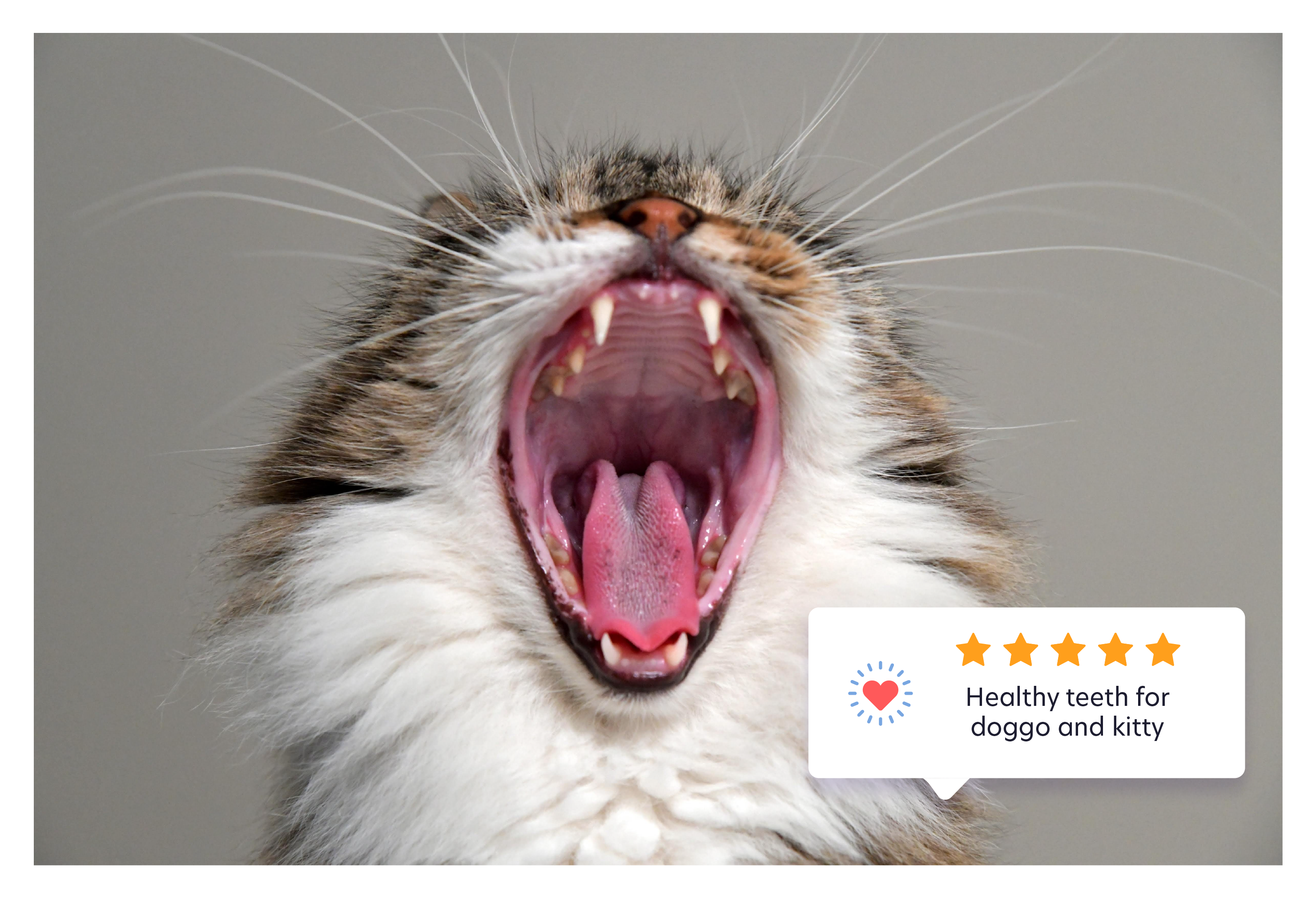
6 Best Remedies for Dogs With Diarrhea
by Jane Meggitt - 5/29/19
Picking up your dog’s daily poop deposits isn’t the most pleasant part of pet ownership, but the state of your dog’s feces lets you know the health of his intestinal tract. Ideally, poop is firm, brown and log-shaped. When his output is loose and liquid, you know something is the matter. While ongoing diarrhea requires veterinary attention, you can often treat your pet’s mild diarrhea on your own. Here are some of the best remedies for firming your dog’s feces.

1. Why Does My Dog Have Diarrhea?
First, it’s important to figure out why your dog is suffering from diarrhea. Two top causes of diarrhea in canines are getting into the garbage or otherwise eating something nasty, and changes in diet. Those are instances you likely know about, but other common reasons for canine diarrhea include parasites, food allergies, infections and stress. The latter is often triggered by travel or changes in the household. If your dog is current on his heartworm preventive medication, it is unlikely that parasites are to blame.

2. Fasting Your Dog
When your pup has the runs, it’s best to let him fast for a day, although he should always have access to fresh, clean water. Fasting allows his gut to rest and repair itself. Very old dogs, puppies and small dogs aren’t good candidates for a fast, however, as their bodies require constant nutrition.

3. What to Feed a Dog With Diarrhea
After fasting, feed your pet a bland diet encouraging good stool formation. Always keep canned pumpkin on hand, as it proves an excellent binder. Besides a small amount of canned pumpkin, other foods to break the fast include white rice mixed with broth, cottage cheese, skinless, boiled chicken and boiled, peeled potatoes.
Choose one or two of these foods and give your dog small amounts a few times a day. His stools should look better within a day or so, and that’s when you can add small amounts of his regular food. Gradually add more of his standard fare to the bland diet over the course of a week. At the end of seven days, he’s back to eating his normal food.

4. Supplements for Diarrhea
Probiotic supplements, or some plain yogurt, can help get your dog’s intestinal tract back in shape. Probiotic supplements are available over-the-counter for canines, but certain canine probiotics are available only from veterinarians. You may want to continue using probiotics to maintain your dog’s gut health after his stools return to normal.

5. Over-the-Counter Medications
Over-the-counter, human, anti-diarrheal medications containing bismuth subsalicylate (such as Pepto-Bismol) can help dogs with diarrhea, but don’t give your pet any medication without checking with your veterinarian. Your vet can recommend the best type of medication for your dog and let you know the correct dosage.

6. When to Call the Vet
If your dog’s diarrhea is black and tarry, that’s an indication of internal bleeding, and your dog needs prompt veterinary treatment. If his poop is gray, green or orange—and he didn’t get into a box of crayons—the coloration points to issues with his liver or pancreas, and veterinary attention is needed. A dog who isn’t current on his preventive de-wormer may have parasites, and the vet will run fecal tests to determine if they are the culprit behind the loose stools.
If his bowel problems aren’t affecting his behavior, he probably doesn’t need to see the vet right away unless the diarrhea doesn’t improve within a few days. But if he’s lethargic, vomiting or has a fever, a trip to the emergency vet is in order. Remember to bring a fecal sample with you.
A graduate of New York University, Jane Meggitt’s work has appeared in dozens of publications, including USA Today, The Alternative Daily, nj.com, The Happy Cat Site and The Nest Pets.
References




.jpg)

.jpg)
























.jpg)
























































.jpg)















